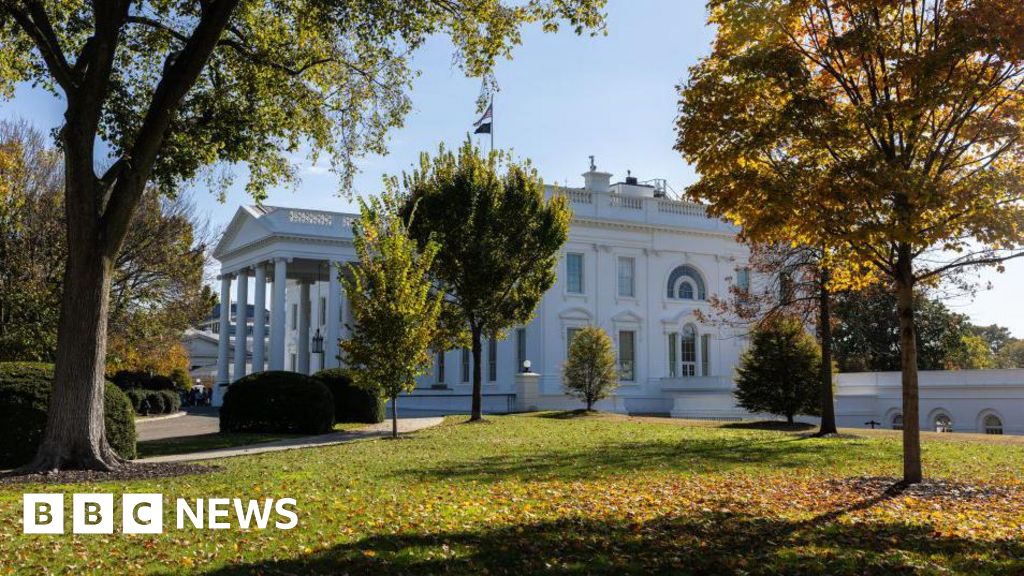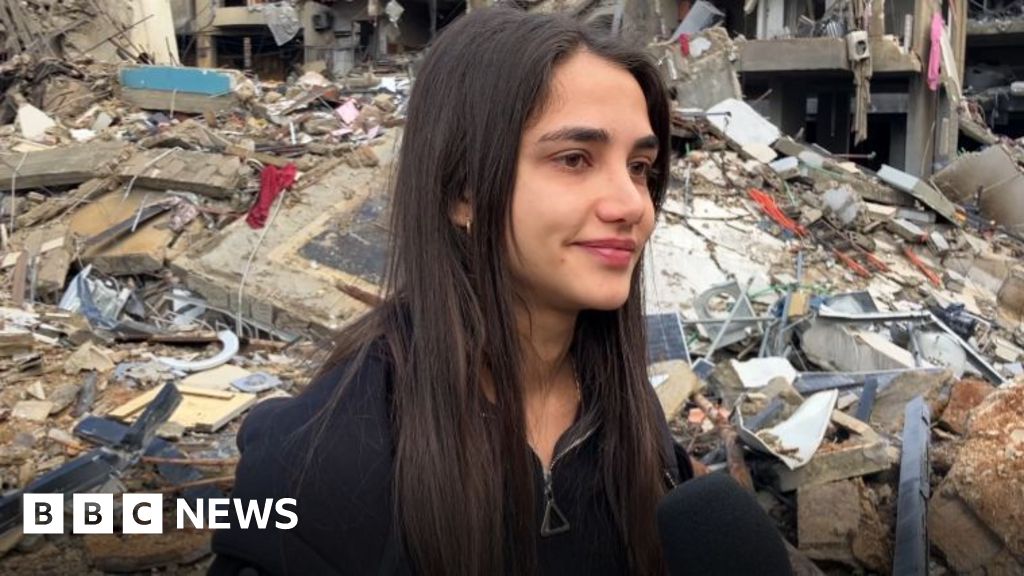ARTICLE AD BOX
The Arctic Circle is experiencing high intensity wildfires for the third time in the past five years, the EU's climate change monitor - Copernicus - has reported.
In a statement released on Thursday, Copernicus reported higher air temperatures and drier conditions in Sakha, Russia, which are rendering the ideal environmental conditions for wildfires once there is a spark.
One of the scientists' main concerns is that smoke from the flames will hinder the Arctic ice's ability to reflect solar radiation - which would mean both the land and sea absorb more heat.
The Copernicus Atmosphere Monitoring Service (CAMS), which has been tracking wildfire emissions in the Arctic Circle, found that during the month of June the majority of wildfires are burning in Russia's Sakha region.
According to estimates from Copernicus' findings, carbon emissions from the wildfires throughout June were the third highest for the past two decades at 6.8 mega tonnes of carbon - only behind fires in 2020 and 2019.
Carbon emissions in the those years were 16.3 and 13.8 mega tonnes, respectively.
In 2021, wildfires also swept Sakha but they were less intense than fires in 2020 and 2019.
Mark Parrington, senior scientist at CAMS, said conditions leading to the latest bout of fires are similar to the widespread wildfires in 2019 and 2020.
While Professor Gail Whiteman from the University of Exeter said the Arctic is "ground zero for climate change and the increasing Siberian wildfires are a clear warning sign that this essential system is approaching dangerous climate tipping points".
"What happens in the Arctic doesn't stay there," Prof Whiteman added, saying that these fires are "a warning cry for urgent action".
As climate change raises Arctic temperatures, wildfires have shifted north where they burn through boreal forest and tundra, releasing vast amounts of greenhouse gases from carbon-rich organic soils.
Carbon emissions in the region are the third highest for June in two decades, the scientists suggest.
Located in Russia's far north, the region experienced extensive wildfires in 2021, destroying nearly 19m hectares.
Quoted by Russia state news agency Tass, the region's deputy minister of ecology, management and forestry said more than 160 wildfires affected nearly 460,000 hectares of land up until 24 June.
Separately, Arctic sea-ice has been declining rapidly since the 1980s.

 5 months ago
21
5 months ago
21








 English (US)
English (US)